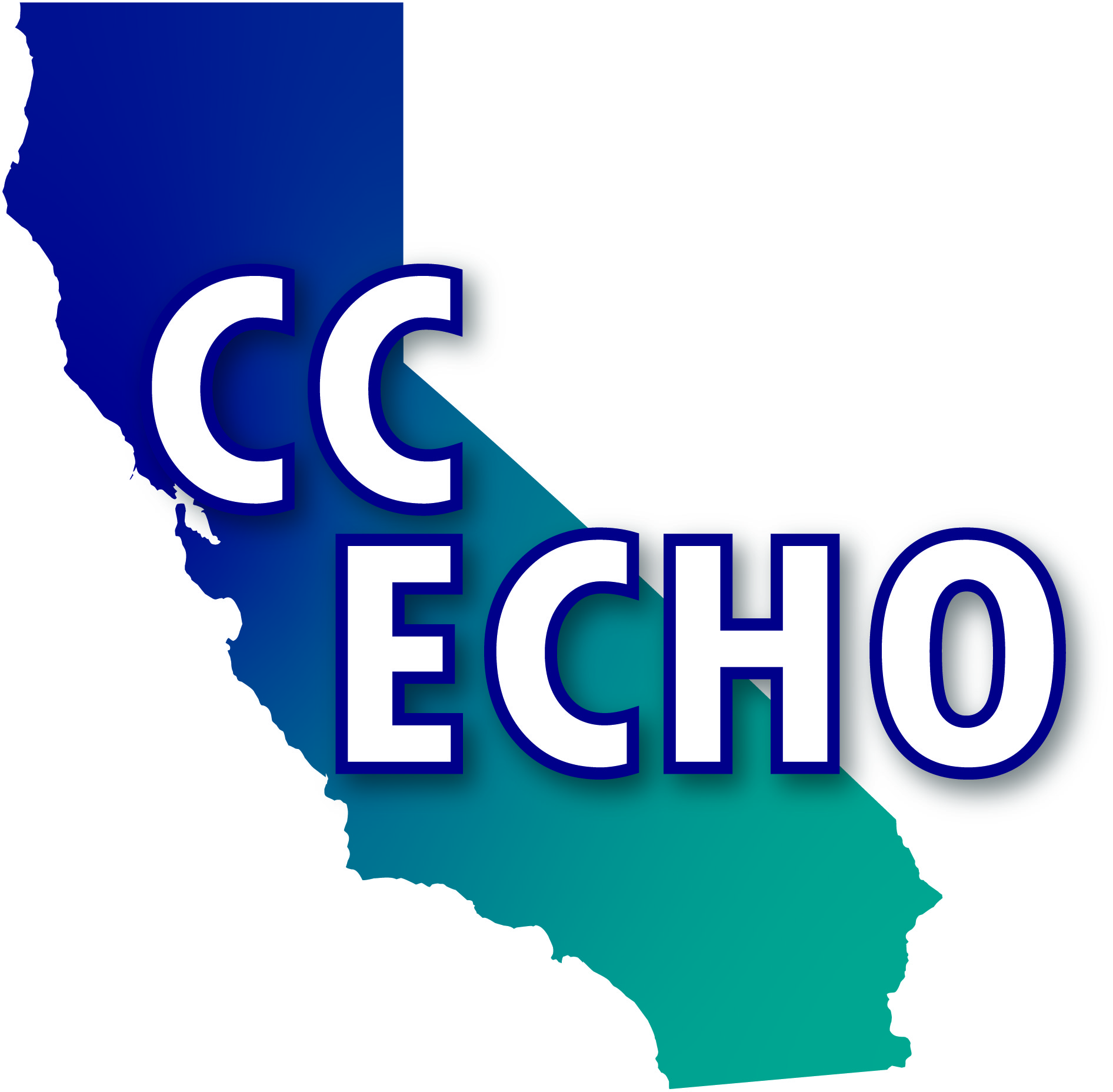Librarians who work in colleges and universities provide access to information for their academic institutions and teach library users about accessing, using, and citing information.Gathering information is the bedrock for any research undertaken by students, and the role of the librarian is critical for student success. Librarianship as a field has a rich and complicated past. Its charge of helping people find information struggles against the influence of structural racism and sexism woven into how information gets privileged. Library systems that organize how information is gathered have been fraught with a slant towards a White Anglo-Saxon Protestant bias that has shaped its growth and development. One such example of this bias is perhaps the most famous librarian, Melvil Dewey. Melvil Dewey, has been called the "Father of American Librarianship" and creator of the Dewey Decimal System (DDC). Dewey's famous system has been critiqued for the way it emphasizes certain categories of knowledge and de-emphasizes others, and Dewey himself has been accused and charged with sexual harassment and was an outspoken segregationist.
Emily Drabinski, a librarian at the Mina Rees Library at the Graduate Center, City University of New York describes Dewey’s classification structure by stating, “It’s all about white Christian power that has spread around the globe.” (Lindell, 2019).It stands to reason that Dewey’s beliefs that guided his creation of the DDC also guided his personal life. He was racist,anti-Semitic, and he sexually harassed women (Lindell, 2019). These have been fairly well-known character traits of Dewey both at the time he was alive and working, and posthumously,yet the organizations that guide librarianship have taken more than a century to acknowledge his wrongdoings and speak truth to power. Even by the standards of his times, Dewey was found guilty of sexually harassing women, and in 1927, Dewey was also successfully sued by one of his victims. Dewey's legacy is complicated; while mostly fraught with structural and individual racism and sexism,he did create a system that, with modifications to address its enmeshment with white supremacy, still is a highly utilized tool in librarianship. To complicate his legacy further, Dewey stood up to Columbia University to help women get librarian education, all the while declaring that they should be paid less than men, in addition to other sexist ideations about women in the workplace generally (Lindell, 2019).
Librarians nationwide are keenly aware of the history of their field and current practices that enforce hierarchical information gathering, citing and validation.Violet Fox, Dewey editor with the Online Computer Library Center, which owns the rights to the DDC, said the system is continuously updated, and editors are now “focusing on gender identity and sexual orientation as well as providing new options for classifying works about Indigenous peoples” (Lindell, 2019). Some librarians aspire to be especially committed to historically oppressed library users,although academic librarians are typically not representative of the students they serve. Librarians tend to be white, as 86.7% of librarians are white (Henke and Rosa, 2017). Among library professionals and library students, non-whites are one-third less present in librarianship than in the general public (Barlow and Jaeger, 2017). This is a persistent problem that has not changed over time and it mirrors higher education overall (Vinopal, 2016). A lack of representation in library staff impacts a library’s ability to provide appropriate resources and services. “In an overwhelmingly white (and heterosexual, cisgender, and patriarchal) organization, it is important to recognize that the data we collect represents primarily the worldview of the dominant culture and will be shaped by its limitations and biases” (Vinopal,2016). Information curated and gathered by only one demographic leads to a narrower collection at individual institutions across the nation. Furthermore, when potential library sciences students do not see themselves represented in the field, recruiting diverse students becomes harder.
There is work being done to address structural racism and diversify the field precisely because much of what librarians are called to do reflects a strong commitment to social justice. The American Library Association’s Task Force on Diversity, Equity, and Inclusion (DEI) calls for continuing the work of making the issue more visible (“Fina Report,” 2016). The American Library Association, co-founded by Melvil Dewey and the world’s largest professional body for librarianship, includes individuals and groups working tirelessly to create a more representative field. Their “Bill of Rights” and the commitment to equitable access to all has led Library Information Science professionals and institutions to take many important roles in supporting inclusion and justice in their local communities and in society as a whole (Barlow and Jaeger, 2017). Going forward,there are identifiable steps discussed in reports like those mentioned here, to be taken in order to support a more diverse body of librarians in varied sizes and types of libraries nationwide. The ALA Task Force on Equity, Diversity, and Inclusion and Jennifer Vinopal,author of In the Library with the Lead Pipe,have made recommendations that include:
- Bias Awareness and Valuing Difference
- Naming the Problem
- Mission and Follow-through
- Data Collection
- Recruiting
- Mentoring
- Pay for Work
(Read the expanded version of these suggestions here)
Not unlike suggestions made by other discipline specific governing bodies across academia,these steps are widely thought of as an equitable path forward. Many in the field seek to shift the way in which librarianship is made available and representative of the population at large.


